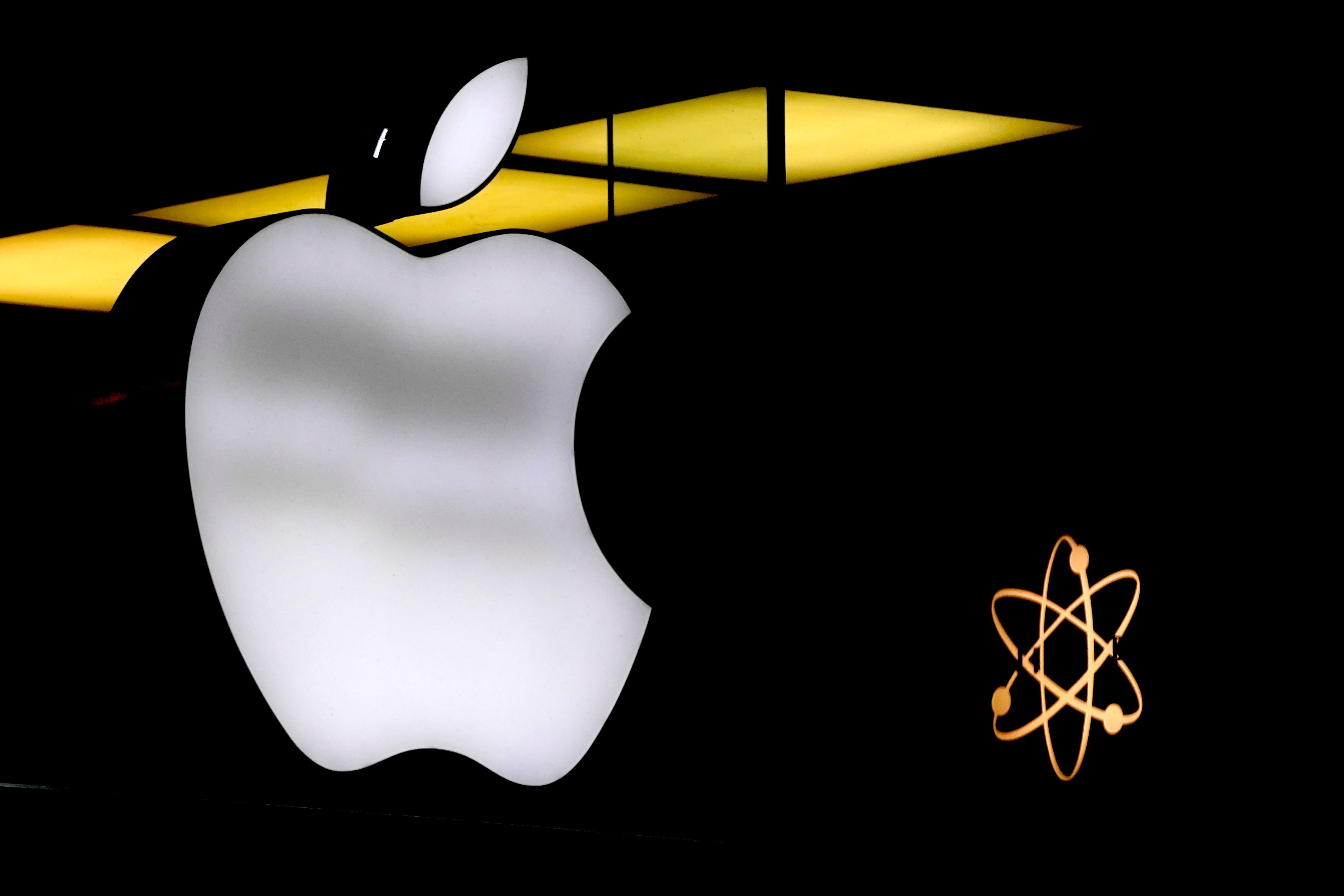LONDON (AP) — Apple is fighting a British government order for the iPhone maker to provide so-called backdoor access to its encrypted cloud storage service, a U.K. court confirmed on Monday.
The Investigatory Powers Tribunal revealed the legal battle when it rejected a bid by Britain's Home Office to have the case heard in private.
Apple had said in February that it would stop offering its end-to-end encryption feature for British users after the government reportedly issued the demand, which raised fears of electronic spying by national security officials.
British media, citing unnamed sources, later reported that Apple was appealing the order but neither the company nor the British government have commented on the dispute.
The tribunal dismissed the Home Office's argument that the case should be held in secret, saying "bare details" such as the existence of the case and identities of the parties involved could be disclosed.
“We do not accept that the revelation of the bare details of the case would be damaging to the public interest or prejudicial to national security," two judges said, according to a summary of the ruling posted online.
British media organizations and civil liberty groups had asked the tribunal not to hold the case behind closed doors.
Apple declined to comment and referred inquiries to an earlier statement saying it was withdrawing its security option for users in the United Kingdom.
The feature, which has been available since 2022 and which users must opt in to, protects iCloud files, photos, notes and other data with end-to-end encryption when they’re stored in the cloud.
The dispute surfaced after the Washington Post reported, citing anonymous sources, that British security officials had issued the U.S. tech giant with a secret order requiring the creation of so-called backdoor access to view fully encrypted material.
The newspaper said the British government served Apple with what’s known as a “technical capability notice” ordering it to provide access under a sweeping law called the Investigatory Powers Act of 2016, which has been dubbed the Snoopers’ Charter.
The Home Office said in a statement that it does not comment on legal proceedings. “Nor do we comment on operational matters, including confirming or denying the existence of individual notices.”
The dispute has caught the attention of U.S. officials. Director of National Intelligence Tulsi Gabbard wrote to members of Congress saying she has serious concerns about demand because it would violate Americans’ rights and raise concerns about a foreign government pressuring a U.S.-based technology company.









